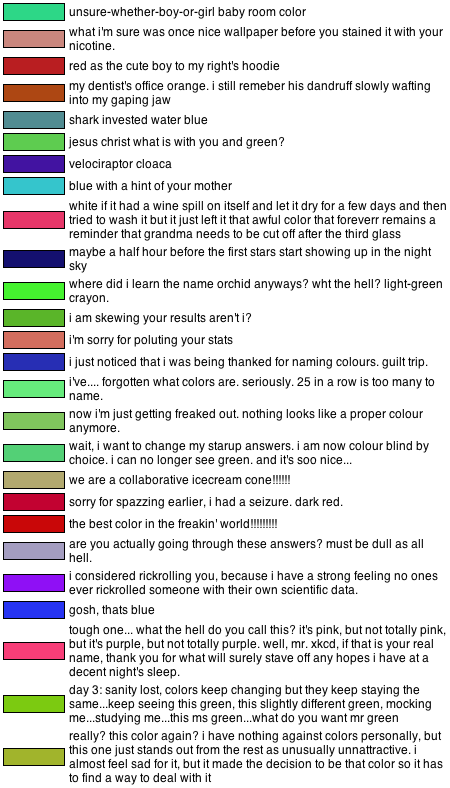Strategy Page looks at Operations Research in its modern guise:
It all began back in the 1970s, when some CIA analysts discovered a new way to analyze the mountains of information they were receiving. The new tool was predictive analysis. What does this do for intelligence analysts? Predictive analysis was the result of a fortuitous combination of OR (Operations Research), large amounts of data and more powerful computers. OR is one the major (and generally unheralded) scientific developments of the early 20th century. OR is basically applying mathematical analysis to problems. OR turned out to be a major “weapon” for the Allies during World War II. OR, like radar, was developed in the 1930s, just in time for a major war, when whatever was available was put to work to win the conflict. OR is also, half jokingly, called a merger of math and common sense. It is widely used today in science, industry and, especially, in business (it’s the primary tool of MBAs, where it’s called “management science”.) With predictive analysis, the most important OR tool was the ability to “backtest” (see if the simulation of a situation could accurately predict the outcome of something that had already happened, if the same historical decisions are made). For predictive analysis of contemporary situations, the backtest is, instead, a predictive tool that reveals likely outcomes.
Predictive analysis, like OR in general, creates a framework that points you towards the right questions, and often provides the best answers as well. Like many OR problems, especially in the business world, the simulation framework is often quite rough. But in war, as in commerce, anything that will give you an edge can lead to success over your opponents. A predictive analysis is similar to what engineers call “a 60 percent solution” that can be calculated on the back of an envelope.
The one form of predictive analysis that the general public is aware of is wargames, and these have been increasingly useful in predicting the outbreak, and outcomes, of wars. There have even been commercial manual (like chess) wargames that have successfully applied predictive analysis. The commercial manual wargames produced some impressive results when it came to actual wars.
In late 1972 a game (“Year of the Rat”) was published covering the recent (earlier in the year) North Vietnamese invasion of South Vietnam. This game didn’t predict the outcome of the war, but it got the attention of people in the intelligence community, especially those who knew something about wargames, for it was a convincing demonstration of what a manual wargame, using unclassified data, could do in representing a very recently fought campaign. There was even talk that these games could actually predict the outcome, and details, of a future war. The next year, wargames did just that, accurately portraying the outcome of the 1973 Arab-Israeli war. The game (“Sinai”) was about to be published when the war broke out, but some people in the intelligence community knew about it. A member of the Israeli UN delegation had watched the game in development (he was a wargamer), and was assigned to camp out at the publishers offices, while the war raged, and report what the game was predicting.




